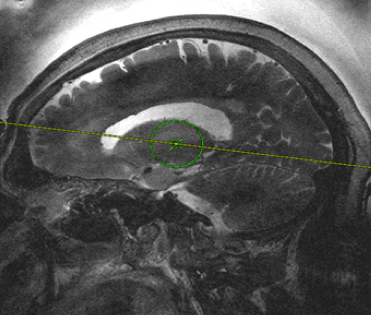Impact of Severe Influenza on Essential Tremor
Leading up to and during a very severe influenza illness, I noticed that my tremor was triggered more often and with greater intensity. While I have been fortunate that my tremor has not been as severe as many others, this was not the case during my illness. Simple tasks, such as eating, holding a cup, and writing were even more difficult. Also, before the flu symptoms appeared, tremor triggers became more noticeable but without an apparent cause. Tremors continued to increase as the illness progressed. For two days my sense of balance would occasionally be disrupted, though this could have been due an unnoticed inner ear issue.
In the two months since the flu, my tremor has decreased but not to their previous levels.
This raises questions:
- Did the flu virus itself have a direct physiological impact on tremor triggers?
- Or did it simply raise the stress factors in the body that can trigger the tremor?
- Regarding recovery, can major life events that create excessive stresses have a cumulative effect on a person’s tremor over time?
Pets and Their Tremor
Some cats we have owned over the years (generally, those with small statures) have shown a body tremor when full stretching while standing. Age was not a factor. However, this has also appeared lately in our son’s elderly dog when he stretches.
Question:
- Is this a pattern and a clue to a possible mechanism that is inherent and a necessity for survival (reaction time signals), yet can become dysfunctional through age or excessive stress?


